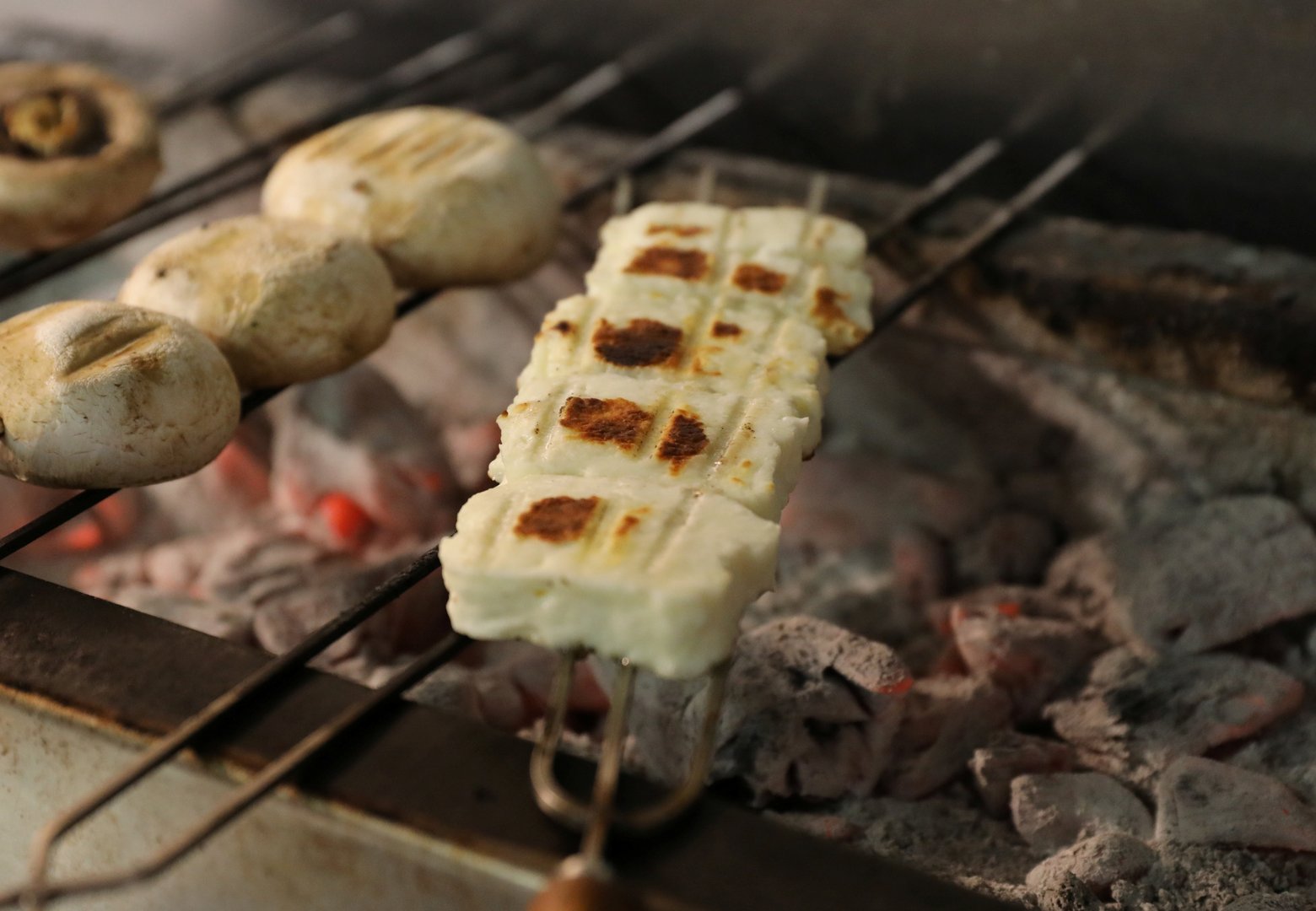The halloumi war is back. As the date for the increase of sheep and goat’s milk in halloumi approaches, the Pancyprian Organisation of Cattle-Farmers (Poa) is once again at pains to prevent it materialising. Poa and the halloumi producers have had meetings with the president claiming the industry would collapse if the changes in the content, which are set to come into play, early next year, were implemented.
They are now demanding an extension of the transition period, which was set to end on 1 July 2024, to 2029. According to the agreement brokered in July 2022, the minimum sheep and goat’s milk content for halloumi would be 10 per cent until January 2024. From February next year it would increase to 25 per cent and after July more than 50 per cent of the milk used for halloumi must be from sheep and goats.
Although the agreement for this transitional period was signed by all the interested parties, cattle farmers and cheese producers were “not fully implementing,” said the permanent secretary of the agriculture ministry Andreas Gregoriou. Adding a touch of absurdity to the matter, he said, the government would bring the parties together to sign an agreement to enforce the original agreement. If two of the three parties have refused to honour the original agreement, why would they honour one aimed at implementing the original?
The truth is that Poa had always been opposed to the halloumi specs of the PDO (protected designation of origin) because the 50+ per cent sheep and goats’ milk requirement would mean sales of cow milk would take a big hit. Until last year, most cheese producers used 100 per cent cow milk for halloumi. Producers have also been against the PDO specs because sheep and goat milk are more expensive and because foreign consumers prefer the gentler taste of halloumi made from cow’s milk.
But if there is to be PDO halloumi the specs must be followed. If cattle-farmers are producing too much milk that they cannot sell it is their problem and the state has no obligation to bail out this monopoly or change the PDO specs for their benefit. As was pointed out a couple of days ago, the number of cows in Cyprus has increased by 50 per cent since 2014, despite the cattle farmers knowing the PDO was on the horizon. Cow milk production has increased from 158 million litres to 300 million. Of course, Poa is fighting the PDO, refusing to honour the agreement they signed and demanding an extended transition period, after which they will demand another.
What happens now? Does the government go to Brussels to demand a new five-year transition period, making a complete mockery of the PDO that it worked years for? Cyprus will be the first ever member-state that secured a product PDO the specs of which it wants to disregard.







Click here to change your cookie preferences